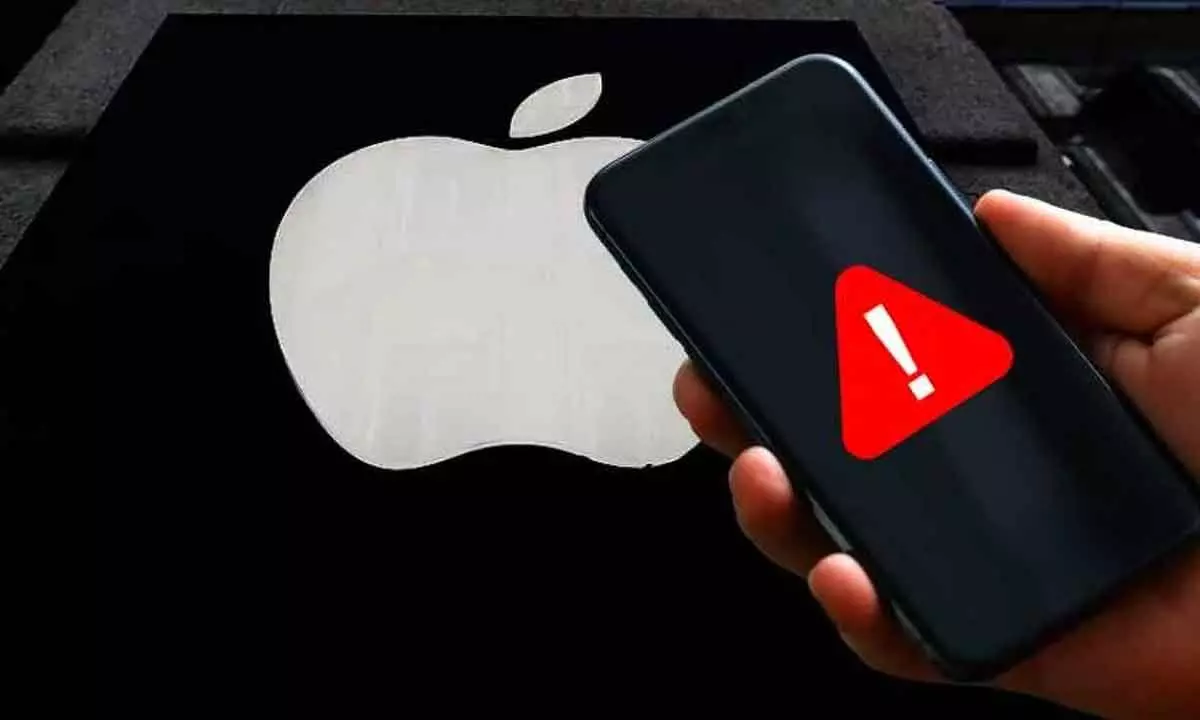Explained: What are Apple Threat Notifications, How Secure are iPhones, How Apple reacts

A major dispute erupted in India yesterday after some political leaders received an alert of "state-sponsored attackers attempting to remotely compromise" their iPhones. What are these threat notifications, and what did Apple say about the alert?
In an incident yesterday, October 31, that shook the Indian political establishment, at least nine political leaders of opposition parties received a shocking alert on their iPhones warning them of "state-sponsored attackers trying to remotely compromise" their device. It raised the alarm among the leaders as they posted screenshots of the alerts on their X accounts, seeking clarification. The government also asked the iPhone maker to share more details about the warnings and work closely while an investigation is carried out.
The leaders who received the alert include Congress leaders Shashi Tharoor, Pawan Khera and Supriya Shrinate, Akhilesh Yadav of Samajwadi Party, Priyanka Chaturvedi of Shiv Sena, Sitaram Yechury of CPI(M), Mahua Moitra of Trinamool Congress, Aam Party Aadmi Raghav Chadha and Asaduddin Owaisi of the All India Majlis-E-Ittehadul Muslimeen.
How secure are iPhones?
While no device is 100 per cent secure, this string of notification alerts sent by Apple is proof that Apple devices can be more secure than most other smartphones on the market. Apple prioritizes privacy and security as of utmost importance, and these alerts demonstrate how serious Apple's commitment is to that statement. The hacking alert could be the best advertisement for Apple, as it shows the security of its devices. It is rare for manufacturers to alert users about potential remote breaches. While it is impossible to confirm this, many Android devices may have been accessed without their owners realizing those devices gave in and did not send any alerts.
What are Apple Threat Notifications?
According to the company, "Apple threat notifications are designed to inform and assist users who may have been targeted by state-sponsored attackers. These users are individually targeted because of who they are or what they do. Unlike traditional cybercriminals, state-sponsored attackers apply exceptional resources to target a very small number of specific individuals and their devices, which makes these attacks much harder to detect and prevent." Apple also highlights that carrying out these types of attacks is a very complex job, costs millions of dollars to develop and often has a short lifespan.
Apple reacts to the dispute in India
Amid the commotion, Apple issued a statement on the issue. It said: "Apple does not attribute the threat notification to any specific state-sponsored attacker." He also said that the attackers were very well-funded and sophisticated and that their attacks evolved. It added, "Detecting such attacks relies on threat intelligence signals that are often imperfect and incomplete. It's possible that some Apple threat notifications may be false alarms or that some attacks are not detected".
At the same time, the tech giant refused to reveal the reason the alerts were sent out. "We are unable to provide information about what causes us to issue threat notifications, as that may help state-sponsored attackers adapt their behaviour to evade detection in the future".
It's also worth noting that the same alert was sent to high-profile accounts in over 150 countries yesterday.














